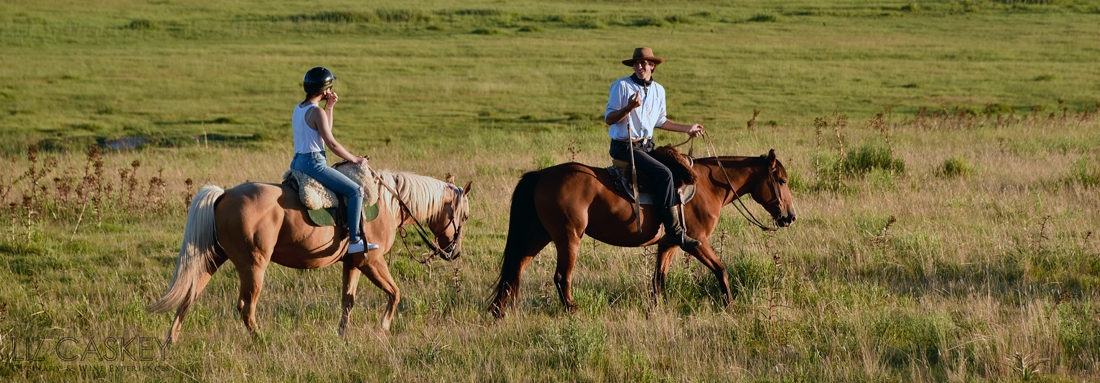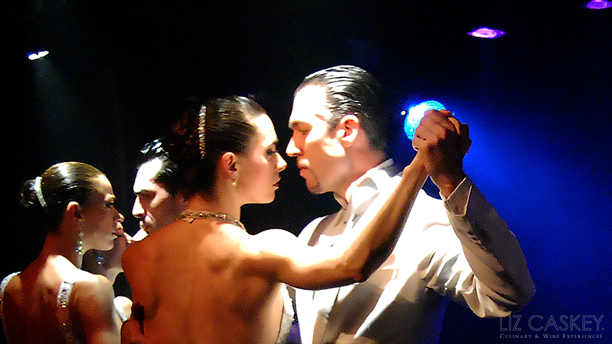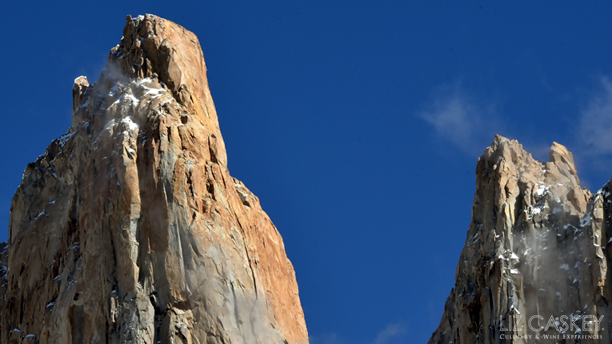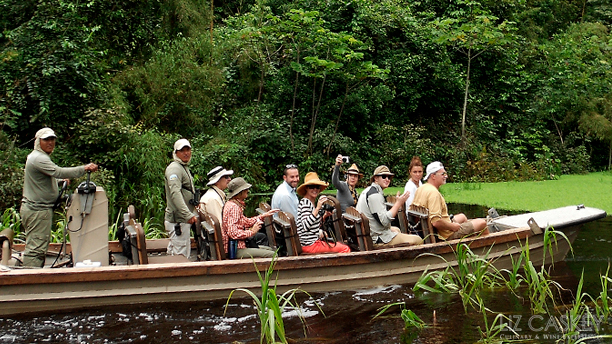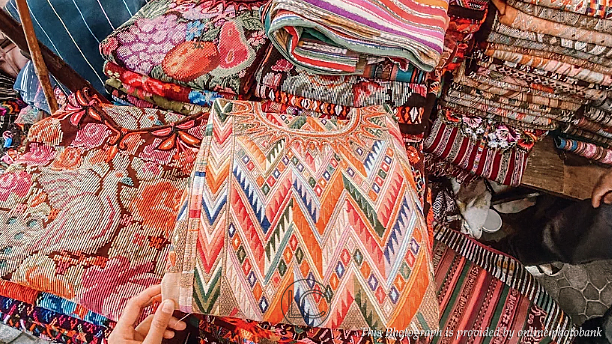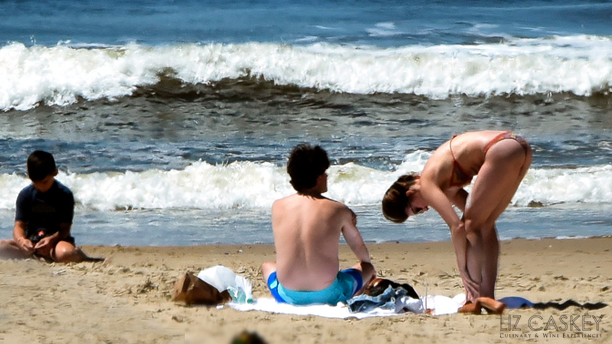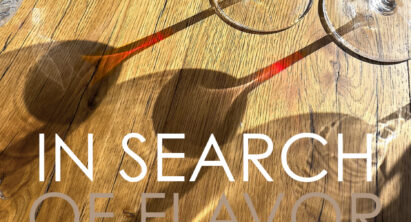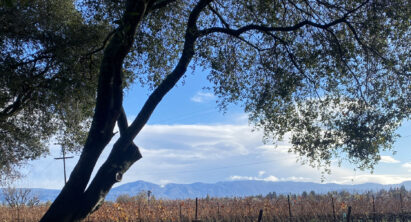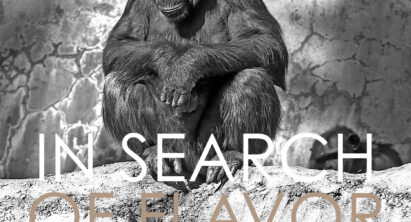
I will never forget my first oyster. Who does? There it was, sitting on the plate, staring intently at me. Bright, fleshy, and gleaming. It smelled of the sea. The idea it was still alive and soon to find its future at the bottom of my stomach was not exactly appealing. However, my urge to learn to eat them, and appreciate them, was stronger. “Mind over matter,” I thought.
In one movement, the tiny black-lipped oyster from Chiloé went down. The sensation in my mouth was intense–like an oceanic espresso: fresh, saline, and clearly defined flavor. It was much less punchy then I had anticipated. It tasted of the sea. It didn’t totally blow me away but it wasn’t bad either. I decided to try another to have a second opinion, but first, a few sips of my zippy Sauvignon Blanc. I tried another…and another, and by the time I had hit half a dozen, I was officially converted into an oyster freak.
Given that all our tastes, food and otherwise, are acquired, we have the blessed ability to constantly be opening our mouths to experience new flavors. A daily odyssey that never ever bores. The flavors and textures become a common language and, with an open mind and enthusiasm to jump into the unknown, we continue to discover new sensations and “words”. Nobody is born sucking down raw bivalves, drinking black coffee, smelling a stinky cheese and automatically thinking “yum”, or clutching a bottle of Cab. All these tastes are acquired, auto-selected, and ultimately, a way of setting our own limits with the outer world.
In my case, growing up as an 80s child in the US, I was lucky enough to have a family fairly obsessed with cooking and food although it was pretty much standard American fare. However, as I became a teenager and ventured into the larger world, I quickly became aware that my food repertoire and exposure had been quite limited. I soon realized that I had acquired a long list of foods my parents deemed as “non-likeable” and as such, were never served at home. Although my mother was a great cook, she’d managed to brainwash my brother and I into thinking her food dislikes were ours. Sort of limiting food beliefs that had been grained into our subconscious as “bad”. I knew I had to take the initiative to break out of this gastronomic bubble and emancipate myself, culinarily speaking.
And so it started. In college, I learned for survival (other than pizza), that canned tuna and beans needed to be conquered. It sounded easy but it wasn’t. Not when you have never eaten them before 18. Tuna particularly was hard. The appearance reminded me of cat food and the smell made me gag. I slowly, and diligently trained myself. At first it took a lot of mayo to cover the taste. Slowly, as I came to like the protein-laden, dense texture I jazzed it up with curry, raisins, almonds, and cilantro. It is now one of my favorites.
As I traveled abroad my list of foods rapidly increased. Everything was game, at least to try. Vegemite in Australia had gotten a bad rep from non-Aussies but I found it wasn’t bad on toast and was thankfully effective for curing hang overs. Chapeleles in Oaxaca, Mexico were crunchy, tasty little grasshoppers dried and salted with chili powder. I actually took a liking to them with an icy, michelada, cold beer with a squirt of lime juice. Ceviche in Costa Rica, my first experience with raw fish, was a revelation. I actually saw life before and after ceviche. With more practice and confidence, I began to look at foods for their freshness, simple flavors, and textures and not what I “thought” it would be without trying it. Gravlax, paté, foie gras, sushi and sashimi, and steak tartare all quickly became favorite foods. I also decided to reclaim “scary vegetables” like beets, which I only knew canned as a kid, by slow roasting them in the oven and then slicing them into a salad with blue cheese. In Chile, I tried exotic shellfish like sea urchins and piuvres but the slimy texture never did it for me. And perhaps my most pedestrian “under construction” taste is still the good old banana. Never liked it, according to my mother, since birth. Finally though, after years of toiling, I found a good banana bread recipe that if laced with dark chocolate, can convert anyone–me included.
At the beginning of each No Reservations show, Tony Bourdain says, “I write. I eat. I travel. And I’m hungry for more”. His mindset, and those of many foodies worldwide, transcends simply eating. Adventuring and trying new foods is a fundamental way of looking at life, of expanding it, and taking it on with an open mind always ready to savor new experiences. And that doesn’t just happen with your palate.
This was adapted from my monthly column in Placeres Magazine in Chile.
